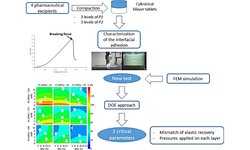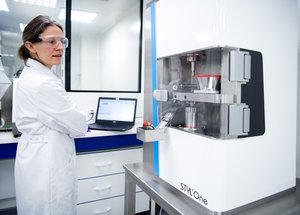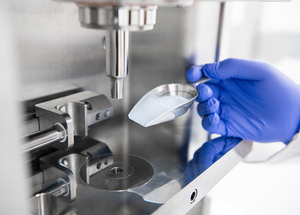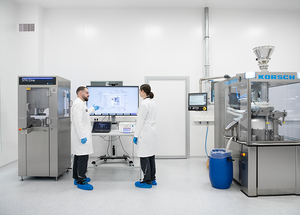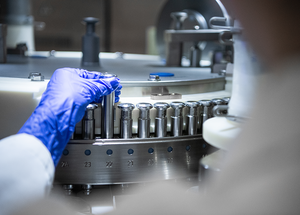Scientific papers
Twin-screw wet granulation (TSG) is a continuous manufacturing method used to produce granules either as the final dosage form or as an intermediate step before tableting or capsule filling. Successful implementation of TSG requires a thorough understanding of the process, including the factors that influence granule and tablet quality. This study evaluates the effect of screw configuration on granule properties and subsequent tableting, focusing on lactose-microcrystalline cellulose (lactose-MCC) and ibuprofen-mannitol (IBU) formulations.
The liquid-to-solid (L/S) ratio, identified in previous research as a key parameter, significantly influenced granule size, strength, and tabletability. For the IBU formulation, introducing tooth-mixing elements at the screw's end generated a high proportion of oversized granules, ranging from 36% to 78%. Thicker kneading elements (KEs) yielded denser, less friable granules but reduced tablet tensile strength. Increasing the number, thickness, or stagger angle of KEs led to higher torque values and extended residence times, ranging from 30 to 65 seconds.
IBU granules displayed excellent tabletability, achieving sufficient tensile strength at low compression pressures. For example, at a compression pressure of 50 MPa, IBU tablets containing at least one kneading zone reached a tensile strength of approximately 2.5 MPa, compared to 0.5 MPa for lactose-MCC tablets. Overall, the TSG process proved to be robust, with variations in screw design having minimal impact on the downstream tableting process.
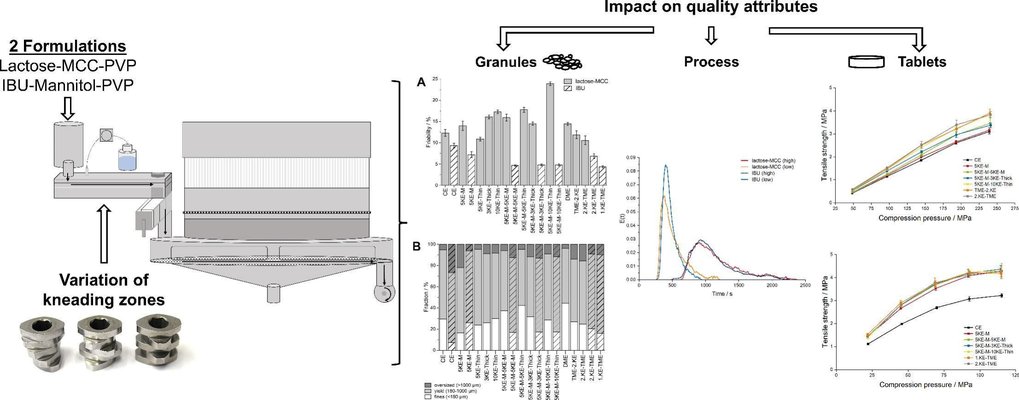
Comments
No comments posted yet.
Add a comment


